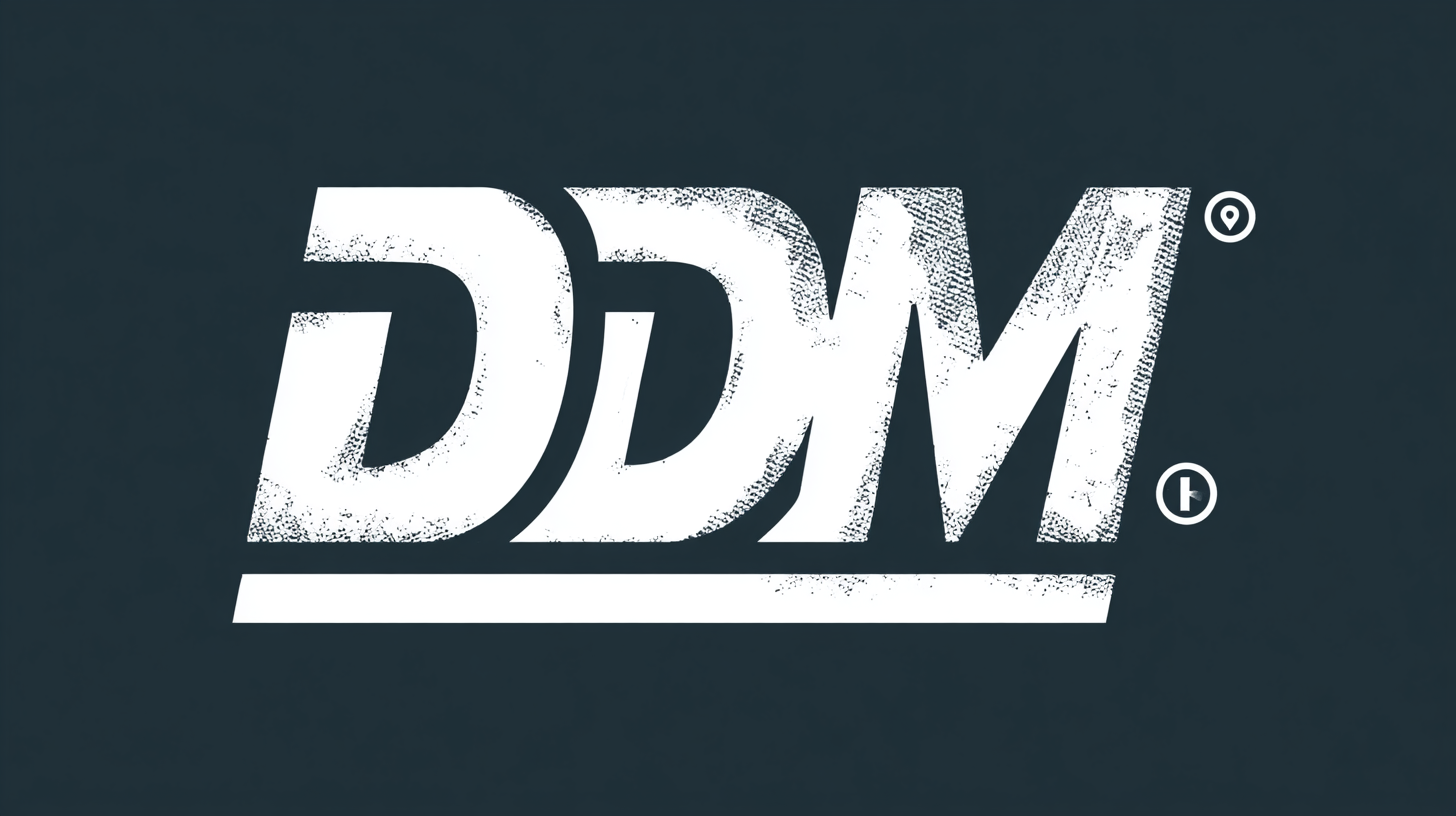In today's competitive landscape, selecting the right manufacturer is crucial for businesses looking to optimize their supply chain and enhance product quality. According to a recent report by Deloitte, 79% of companies that excel in supply chain management achieve significant savings on operational costs, directly influencing their bottom lines. Moreover, a study by McKinsey highlights that companies with effective supplier strategies are 2.5 times more likely to outperform their peers in terms of profitability. As globalization reshapes manufacturing landscapes, navigating through numerous options can feel overwhelming, and establishing a robust supplier relationship has never been more vital. This blog will unveil effective strategies to identify and engage with the best manufacturers, ensuring not only efficiency but also sustainability in your sourcing practices.

In the ever-evolving landscape of global trade, understanding the significance of import and export certification is paramount for manufacturers looking to enhance their competitive edge. As countries like India make strides in becoming key players in international markets, compliance with import and export regulations becomes more crucial than ever. The Foreign Trade Policy 2023 underscores India's commitment to streamlining trade procedures, which can serve as a blueprint for other nations seeking to optimize their export capabilities. This focus on certification not only facilitates smoother transactions but also boosts the confidence of foreign investors looking to engage with reliable manufacturers.
Moreover, programs like Mexico’s IMMEX illustrate how governmental incentives can attract foreign investments while emphasizing the importance of adhering to regulatory frameworks. Manufacturers who understand and leverage these certifications can position themselves strategically within the global supply chain, ensuring that their products meet international standards. As trade dynamics shift and evolve, embracing effective supplier strategies alongside robust compliance measures can be the key to unlocking new avenues for growth in a competitive marketplace.
| Criterion | Description | Importance |
|---|---|---|
| Quality Assurance | Processes and procedures implemented by manufacturers to ensure product quality. | High-quality products reduce returns and enhance brand reputation. |
| Certification Compliance | Verification of compliance with international standards (ISO, CE, etc.). | Certifications instill confidence in the quality and safety of goods. |
| Supply Chain Transparency | Detailed insights into the manufacturing and sourcing processes. | Promotes accountability and sustainability in production. |
| Lead Times | Time taken from order placement to product delivery. | Shorter lead times enhance responsiveness to market changes. |
| Import/Export Knowledge | Understanding the regulations and documentation for international trade. | Ensures compliance and avoids costly delays in shipping. |
| Technical Support | Availability of guidance and assistance for product usage and issues. | Enhances customer satisfaction and reduces troubleshooting time. |
Evaluating manufacturers requires a comprehensive approach to identify those with the right certifications that ensure quality and compliance. According to a report by Deloitte, 79% of executives highlight the importance of supplier certification in reducing risks and ensuring product quality. When assessing manufacturers, it’s critical to verify their certifications, such as ISO 9001 for quality management systems or ISO 14001 for environmental management. These certifications not only reflect a commitment to quality but also adherence to international standards, which can be pivotal for market competitiveness.
Tips: Always request documentation of certifications during the evaluation process. An easy way to ensure that a manufacturer is compliant is by checking if they have undergone audits from recognized certifying bodies. Furthermore, consider their ability to adapt to new regulations in your industry, which can be indicative of their agility and long-term viability as a partner.
In addition to certifications, examining a manufacturer’s track record is vital. A study by McKinsey indicates that manufacturers with consistent quality metrics tend to have 30% lower defect rates. Investigate customer reviews, request case studies, and seek testimonials that highlight their reliability and quality assurance practices. This information can provide valuable insights into their operational efficiency and customer satisfaction.
Tips: Implement a thorough due diligence process, which may include site visits to assess manufacturing capabilities first-hand. Always compare multiple manufacturers to gauge their relative strengths and weaknesses effectively.
Navigating the certification processes when seeking the best manufacturers can be a daunting task. Understanding the requirements for certifications such as ISO or industry-specific standards is crucial. These certifications not only assure quality but also enhance your credibility with potential suppliers. A thorough research phase can help you identify which certifications are most relevant to your manufacturing needs.
Tips: Start by listing the certifications pertinent to your industry. Create a checklist that includes key criteria such as documentation required, timelines for assessments, and costs involved. This will give you a structured approach to navigating the certification maze.
Building a strong relationship with manufacturers also plays a vital role in the certification process. Open communication about compliance and quality expectations can significantly streamline the process. Moreover, manufacturers who've successfully navigated these processes in the past can provide valuable insights and recommendations.
Tips: Schedule regular meetings with potential manufacturers to discuss their past certification experiences. This not only strengthens your partnership but also equips you with practical knowledge about the certification journey from those who have walked the path before.

In the ever-evolving landscape of global manufacturing, building long-term relationships with certified suppliers has become a critical strategy for businesses aiming to enhance their operational efficiency and market competitiveness. According to a report from the Institute for Supply Management, organizations that cultivate strong supplier partnerships are 50% more likely to experience improved innovation rates. This collaborative approach is essential in a market that increasingly demands agility and responsiveness.
Certified suppliers, particularly those that adhere to international standards such as ISO 9001, offer assurance of quality and reliability. A survey by Deloitte highlights that 78% of companies prefer working with certified suppliers because it significantly reduces risks related to supply chain disruptions. By engaging with these vetted suppliers, businesses can ensure consistent quality and compliance, fostering an environment where both parties can thrive and innovate together. As such, companies that focus on developing meaningful, long-lasting relationships with their suppliers are well-positioned to unlock greater value and drive sustainable growth.
When seeking the best manufacturers, one of the most significant challenges is navigating the certification landscape. Common pitfalls in certification processes can lead to financial losses and damaged reputations. For instance, a recent analysis highlighted that over 90% of the carbon offsets certified by a leading organization could be deemed ineffective, showcasing the risks of relying on flawed certification standards. It's essential for businesses to thoroughly investigate the credibility of certifying bodies and ensure they comply with relevant industry standards.
To avoid these pitfalls, companies should implement effective supplier strategies that include due diligence and continuous monitoring of certification practices. A study found that businesses which actively engage with their suppliers and verify their certifications can reduce discrepancies by up to 30%. Additionally, maintaining open communication with suppliers allows for a better understanding of their compliance levels, ensuring that your partnerships are built on trust and transparency. By prioritizing these practices, organizations can safeguard their manufacturing processes and enhance product quality while navigating the complexities of supplier certifications.

TradeManager
Skype
VKontakte

